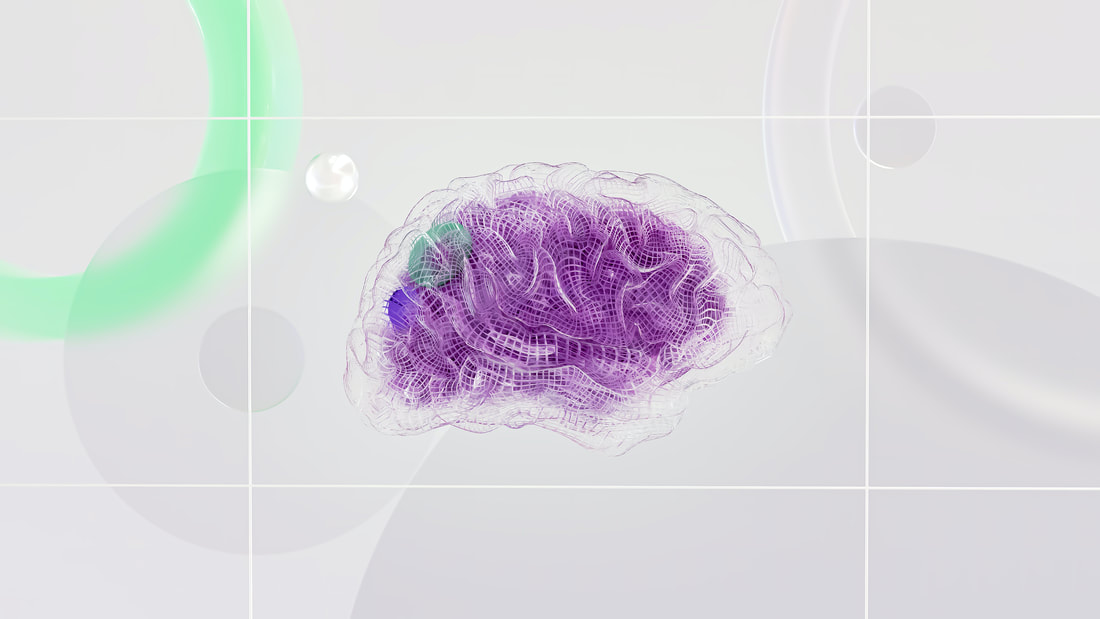|
In our fast-paced lives, it's easy to overlook the importance of nurturing our brain health. We're often consumed by daily tasks, work commitments, and social obligations, leaving little time to prioritize the most crucial aspect of our well-being: our brain. However, just as we care for our physical health, our cognitive health demands attention too. Fortunately, four key pillars serve as the foundations of a healthy brain: nutrition, physical activity, mental stimulation, and sleep. Nutrition: Fueling Your Mind
The old saying "you are what you eat" holds profound truth when it comes to brain health. The brain relies on a consistent supply of nutrients to function optimally. Consuming a balanced diet rich in antioxidants, omega-3 fatty acids, vitamins, and minerals is crucial. Incorporating foods like berries, fatty fish, leafy greens, nuts, and seeds can contribute significantly to cognitive function and overall brain health. Several specialty diets support different health needs, such as the DASH diet, the MIND diet, and Mediterranean and Nordic diets. Always consult with your physician to determine if a particular diet is appropriate for your specific health needs. Physical Activity: Exercise for a Sharp Mind Regular exercise doesn't just benefit your body; it's a boon for your brain too. Physical activity enhances blood flow to the brain, promoting the growth of new brain cells and reducing the risk of cognitive decline. Aim for at least 150 minutes of moderate aerobic exercise each week, combined with at least two days of strength training exercises per week, to support a healthy brain. As with dietary changes, speak with your physician or consider a physical therapy referral if there are questions or concerns regarding the amount or intensity of physical activity that you can engage in. Mental Stimulation: Keep Your Brain Active Just as your muscles need exercise to stay strong, your brain requires stimulation to remain agile. Engaging in activities that challenge your intellect—such as puzzles, learning a new skill or language, reading, or playing strategic games--can foster new neural connections and improve cognitive function. Continuous learning and mental challenges are keys to maintaining a sharp mind as you age. Sleep: Rejuvenate Your Brain Sleep is when the brain rejuvenates and consolidates memories. Quality sleep is crucial for cognitive function, emotional well-being, and overall health. Aim for 7-9 hours of uninterrupted sleep each night, practicing good sleep hygiene by maintaining a consistent sleep schedule, creating a relaxing bedtime routine, and optimizing your sleep environment. The Interconnected Nature of Brain Health These four pillars of brain health—nutrition, physical activity, mental stimulation, and sleep—are interconnected. Neglecting one can impact the efficacy of the others. For instance, poor nutrition can lead to decreased energy levels, affecting your motivation for physical activity and hindering mental acuity. Likewise, insufficient sleep can impair cognitive function and decrease motivation to engage in mentally stimulating activities or exercise. Conclusion Caring for your brain health isn't a one-time task; it's a lifelong commitment. By prioritizing nutrition, staying physically active, engaging in continuous mental stimulation, and ensuring adequate sleep, you can fortify your brain's resilience and promote long-term cognitive vitality. Incorporating these practices into your daily routine can lead to improved focus, enhanced memory, and a sharper mind—essential elements for a fulfilling and vibrant life. Remember, a healthy brain is the cornerstone of a healthy life! References: DASH Eating Plan How much physical activity do adults need? How to Build a Better Bedtime Routine for Adults Mediterranean Diet for Heart Health MIND Diet Neuroplasticity: How Experience Changes the Brain Nordic Diet: What is it and what can you eat?
0 Comments
Your comment will be posted after it is approved.
Leave a Reply. |
Devon Brunson, MS, CCC-SLP, CBISWelcome to the CSL Blog - musings about treatment, education, care, and advocacy. Archives
June 2024
Categories |

 RSS Feed
RSS Feed